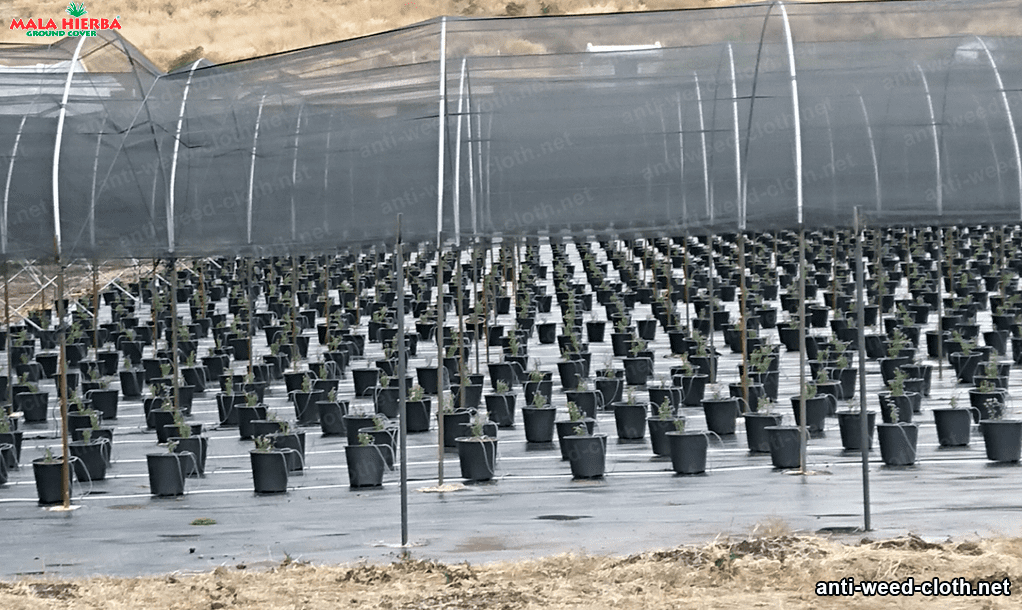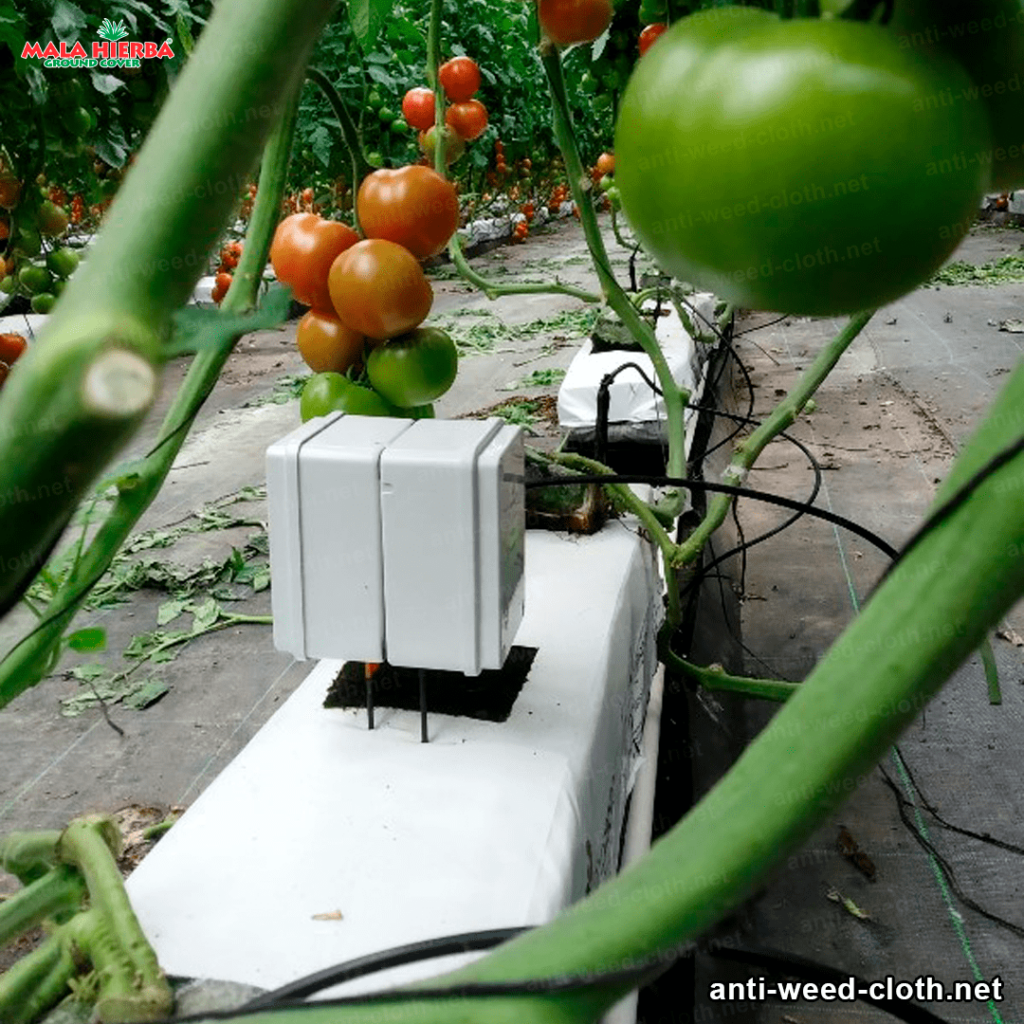are a major concern for many landscape owners. It is one of the most difficult pests to control, as it can be difficult to eliminate completely. However, there are a few things you can do to prevent or control weeds in your garden.
- Be sure to have your soil well prepared before planting. Well-prepared soil allows plants to establish more easily and quickly. This will also help ensure that weeds don’t have a chance to establish.
- Use weed control netting. GROUNDCOVER netting helps keep moisture in the soil, which helps prevent weed seed germination. The netting can also help keep the soil temperature cooler, which prevents many invasive weeds from becoming established.
- Prevent the spread of weed seeds. This means not allowing weeds to seed or spread their seeds. If you see any invasive in your garden, remove the weed carefully to prevent further seed dispersal.
- Use a selective herbicide. Selective herbicides target specific invasive weeds and do not affect desired plants. These herbicides are a good choice for gardens where there are many desired plants and few weeds.
- Grow a variety of plants. This will help prevent one weed species from becoming established in your garden. By growing a variety of plants, you will help maintain balance in the garden ecosystem.
- Keep your garden clean. This means keeping your lawn short to prevent from becoming established. It also means picking up any debris or trash that may be in the garden. This will help prevent the spread of weed seeds.
- Water carefully. Overwatering can mean further spread of weed seeds. Therefore, be sure to water only the desired plants and avoid watering weeds.
- Control weeds. This means controlling that become established in your garden. Weeds are an excellent food source for weeds, so it is important to keep them under control.
- Use appropriate fertilizers. Using slow-release fertilizers will help prevent excessive weed growth. This will also help ensure that weeds do not become established.

Research local invasive weeds, This will help you identify invasive that may be a problem in your yard.
This will allow you to know which weeds to control most effectively. Weeds can be a serious problem for garden owners, but with the above tips you can reduce the risk of infestation. Be sure to take steps to prevent or control in your garden so you can keep your garden beautiful and weed-free. Brush is a word that refers to vegetation and wildlife that grows naturally in uncultivated areas. This area is characterized as containing a diverse mixture of plants, trees, shrubs, and grasses, and is generally considered a natural form of erosion control and soil conservation. Brush is also known as scrub, spontaneous vegetation, rustic vegetation or uncultivated vegetation. Brush plays an important role in maintaining local ecosystems. These areas provide habitat for a variety of wildlife, including birds, mammals, reptiles and amphibians. Brush also provides food for local animals through the production of fruits, berries and nuts. It is an important source of food for many animals, such as foxes, bears, rabbits, deer and raccoons. Antimulus netting also helps prevent soil erosion by providing a form of ground cover.
This is because anti-weed helps retain soil in sandy soils, while providing a protective cover for clay soils. This helps prevent excessive soil drainage, which can result in soil erosion. Weed netting can also help retain soil moisture, which helps keep the soil moist and healthy. Weeds are one of the major problems faced by farmers and have a wide variety of undesirable weeds. These can cause crop yield losses, increase the cost of control and reduce productivity. Good weed management in fields is essential to maintain crop productivity and ensure good yields. One of the best ways to prevent weeds is crop rotation management.

This means rotating crops year after year to prevent from accumulating in one area.
This is accomplished by planting crops on different soil types and alternating crops between soils. This will also help prevent weed accumulation and at the same time improve soil fertility and productivity. Another way to prevent weeds is the use of selective herbicides. These herbicides are used to control the growth of specific weeds while allowing the growth of desired crops. These herbicides can be applied before or after planting, once crops have emerged or even after harvest. This technique is used to control weeds in large or small fields and is extremely effective if applied correctly. Finally, the use of beneficial organisms is an effective way to prevent weeds. These beneficial organisms include insects and microorganisms that help control the spread of weeds. These organisms are especially useful in situations where herbicides cannot be used. These organisms can be released in the field to help control weeds and improve crop yields.